Business
/ArcaMax

Terry Savage: New year is an opportunity to get your finances in order
Forget resolutions — just do it! Get your financial life in order by following these easy steps as you move into the new year.
This is the moment when you get to start over with no excuses or recriminations. If you’re still using paper, set up a filing system — a few manila folders in which you will regularly stash unpaid bills, paid ...Read more

Terry Savage: Social Security Fairness Act passes
The Social Security Fairness Act was passed in the waning moments of Congress, just before the budget bill was approved. It essentially repeals the WEP and GPO – two acronyms familiar to the nearly 3 American retirees who found their earned Social Security benefits reduced by the “Windfall Elimination Provision” and the “Government ...Read more

Holiday goal for the college-bound: File that FAFSA
Last year, families that filed the Free Application for Federal Student Aid — or FAFSA — for college found themselves trapped in a computer nightmare. In an attempt to make the process simpler, the government botched the rollout, leaving many families unable to file FAFSA until January — three months late. And that delayed college ...Read more

Gifts to spark financial interest in the young
Every year I devote a column to meaningful gifts for children of all ages — gifts that might grow in value or spark an interest in financial matters, or just be a relief from the online games that take up so much of their time.
In a recent column, which can be found at my website, TerrySavage.com, I detailed the importance of opening a 529 ...Read more

Understanding IRMAA
Meet IRMAA. This is not a senior’s dating site, but every senior on Medicare should be intimately familiar with IRMAA — the initials that stand for "income-related monthly adjustment amount."
It’s the amount by which your Medicare Part B and Part D premiums increase each year, based on your recent modified adjusted gross income (MAGI). ...Read more
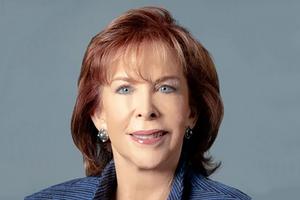
Terry Savage: Tax benefits can amplify your charitable giving
Giving to charity is all about money — and if a tax benefit comes along, the gift is much sweeter. But since the tax reforms of 2017 increased the standard deduction, 9 out of 10 Americans don’t itemize their tax returns — and thus don’t get a deduction for their contributions.
Still Giving USA notes that in 2023, Americans gave $557 ...Read more
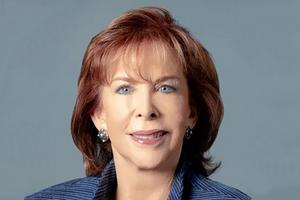
Terry Savage: Analyzing Medicare Advantage plans
Medicare Advantage plans now cover slightly more than half of American seniors in the Medicare program. The attraction is in both the low costs and the additional services they advertise. But there can be significant drawbacks to Advantage plans since they limit covered access to physicians and hospitals in their network.
It’s up to you to ...Read more

Giving the gift of a college savings plan
The upcoming holiday gifting season is a perfect time to review the incredible 529 college savings plan opportunity to build a tax-free fund for college, which can be used by any member of your family. And with recent improvements, even if your child gets a scholarship or decides not to attend college, the money can continue growing for other ...Read more
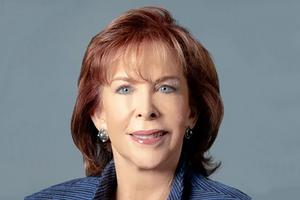
It's time to take required distributions
Required minimum distributions (RMDs) loom for millions of seniors who have reached age 73. These distributions from retirement plans, such as IRAs, 401(k)s and 403(b)s, must be completed by year end. Avoid the holiday rush, and contact your retirement plan custodian now.
The rules are simple, but the penalties for failure to withdraw on time ...Read more
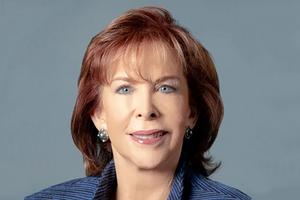
Terry Savage: Sorting out Medicare Part D drug coverage
Medicare’s drug coverage has been dramatically changed for 2025. Figuring out what you should do is one of the most complex challenges you will face in the next few weeks. Only one thing is for sure: Everything has changed, so you MUST do something — even if you loved your 2024 drug coverage.
Whether you have a stand-alone Part D drug plan ...Read more
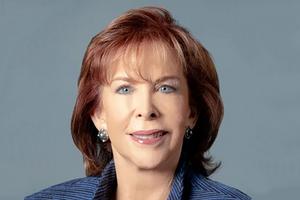
VA mortgage loans are a great deal
In an election year it’s all too easy to forget that Veteran’s Day is November 11, even though all federal offices and banks will be closed. The holiday was made official in 1954, having previously been celebrated as Armistice Day to mark the end of the First World War.
Our financial system has not forgotten those who served in our armed ...Read more

Terry Savage: Big changes to Medicare demand attention during open enrollment
It’s time for Medicare open enrollment, the few weeks between October 15 and December 7 when all current Medicare beneficiaries must make some important decisions about their coverage for 2025.
Even if you were perfectly content with your coverage this year, some big changes are coming that could be costly if you fail to take action. Here are...Read more

Terry Savage: This year's best retirement book
Every year a new book comes along that is truly worth taking the time to read — and more than once. This year’s outstanding book is the just-published “How to Retire: 20 Lessons for A Happy, Successful and Wealthy Retirement” by Morningstar’s director of personal finance, Christine Benz.
While most of us view the words “retirement ...Read more










